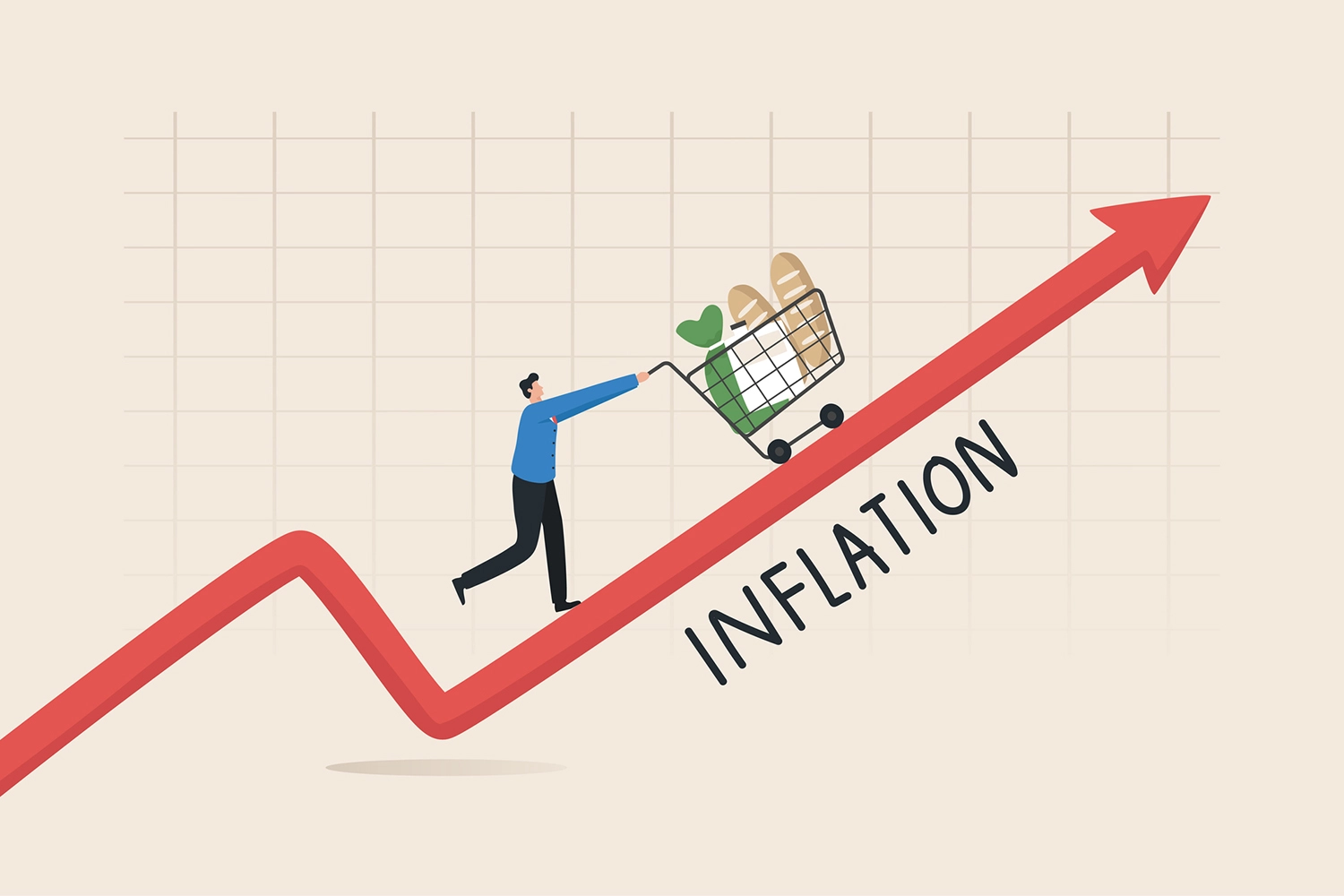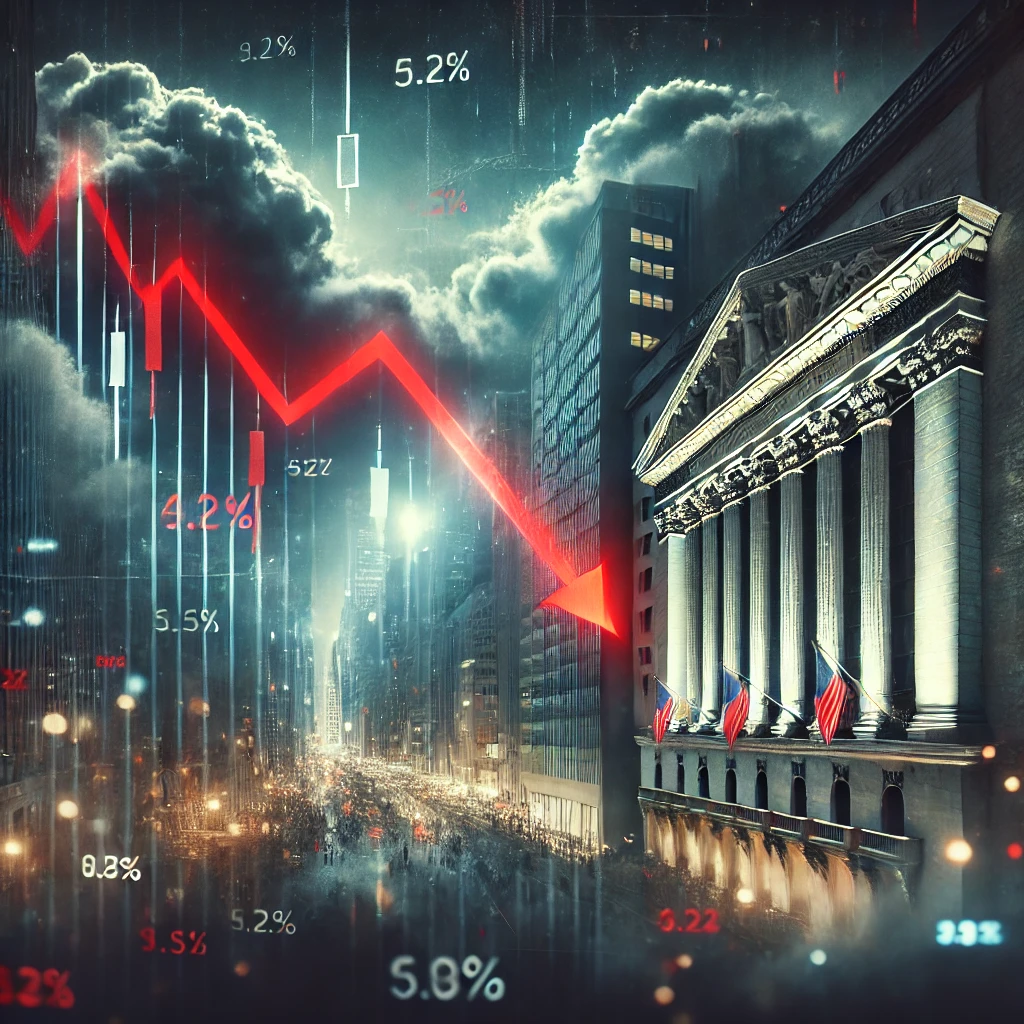Nigeria’s inflation rate climbed to 25.80% in August 2023, marking a significant increase from the previous month’s figure of 24.08%.
This surge is revealed in the Consumer Price Index report for August 2023, released by the National Bureau of Statistics.
The report attributes this substantial rise to the removal of petrol subsidies and the devaluation of the official exchange rate, both of which have had a direct impact on consumer prices. On a month-on-month basis, inflation rose from 2.89% in the prior month to 3.18% in August 2023.
Food and non-alcoholic beverages were the largest contributors to year-on-year inflation, accounting for 13.36%. This was followed by housing, water, electricity, gas, and other fuel at 4.32%, and clothing and footwear at 1.97%.
Breaking down the inflation rates further, the urban inflation rate for August 2023 was 27.69%, a significant increase compared to the 20.95% recorded in August 2022. Similarly, the rural inflation rate stood at 24.10%, indicating a 3.98% point increase from the 20.12% recorded in August 2022.
Food inflation experienced a notable jump, reaching 29.34% in August 2023. This marks a 2.35% point increase from the previous month and a 6.22% point surge compared to the same period in 2022. On a month-on-month basis, food inflation for August 2023 was 3.87%, slightly higher than July 2023’s 3.45%.
The average annual rate of food inflation for the twelve months ending in August 2023 was 25.01%, reflecting a 5.99% point increase from the average annual rate recorded in August 2022, which stood at 19.02%.
In terms of regional disparities, Kogi, Lagos, and Rivers recorded the highest year-on-year inflation rates for all items. Conversely, Sokoto, Borno, and Nasarawa saw the slowest rises in headline inflation on a year-on-year basis.
For food inflation on a year-on-year basis, Kogi, Lagos, and Kwara reported the highest rates, while Sokoto, Nasarawa, and Jigawa recorded the slowest increases.
These inflation figures underscore the economic challenges facing Nigeria and the need for measures to address rising consumer prices and their impact on citizens’ purchasing power.




